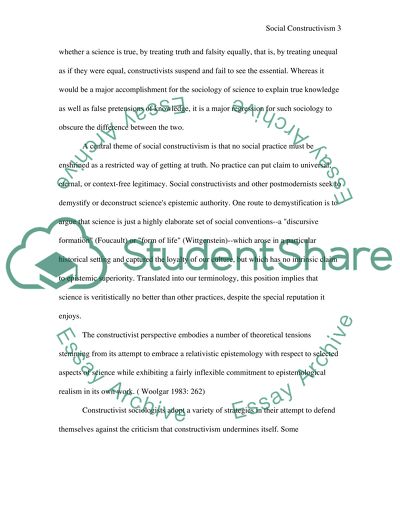Cite this document
(“Social Constructivism Essay Example | Topics and Well Written Essays - 3000 words”, n.d.)
Social Constructivism Essay Example | Topics and Well Written Essays - 3000 words. Retrieved from https://studentshare.org/social-science/1532161-social-constructivism
Social Constructivism Essay Example | Topics and Well Written Essays - 3000 words. Retrieved from https://studentshare.org/social-science/1532161-social-constructivism
(Social Constructivism Essay Example | Topics and Well Written Essays - 3000 Words)
Social Constructivism Essay Example | Topics and Well Written Essays - 3000 Words. https://studentshare.org/social-science/1532161-social-constructivism.
Social Constructivism Essay Example | Topics and Well Written Essays - 3000 Words. https://studentshare.org/social-science/1532161-social-constructivism.
“Social Constructivism Essay Example | Topics and Well Written Essays - 3000 Words”, n.d. https://studentshare.org/social-science/1532161-social-constructivism.


